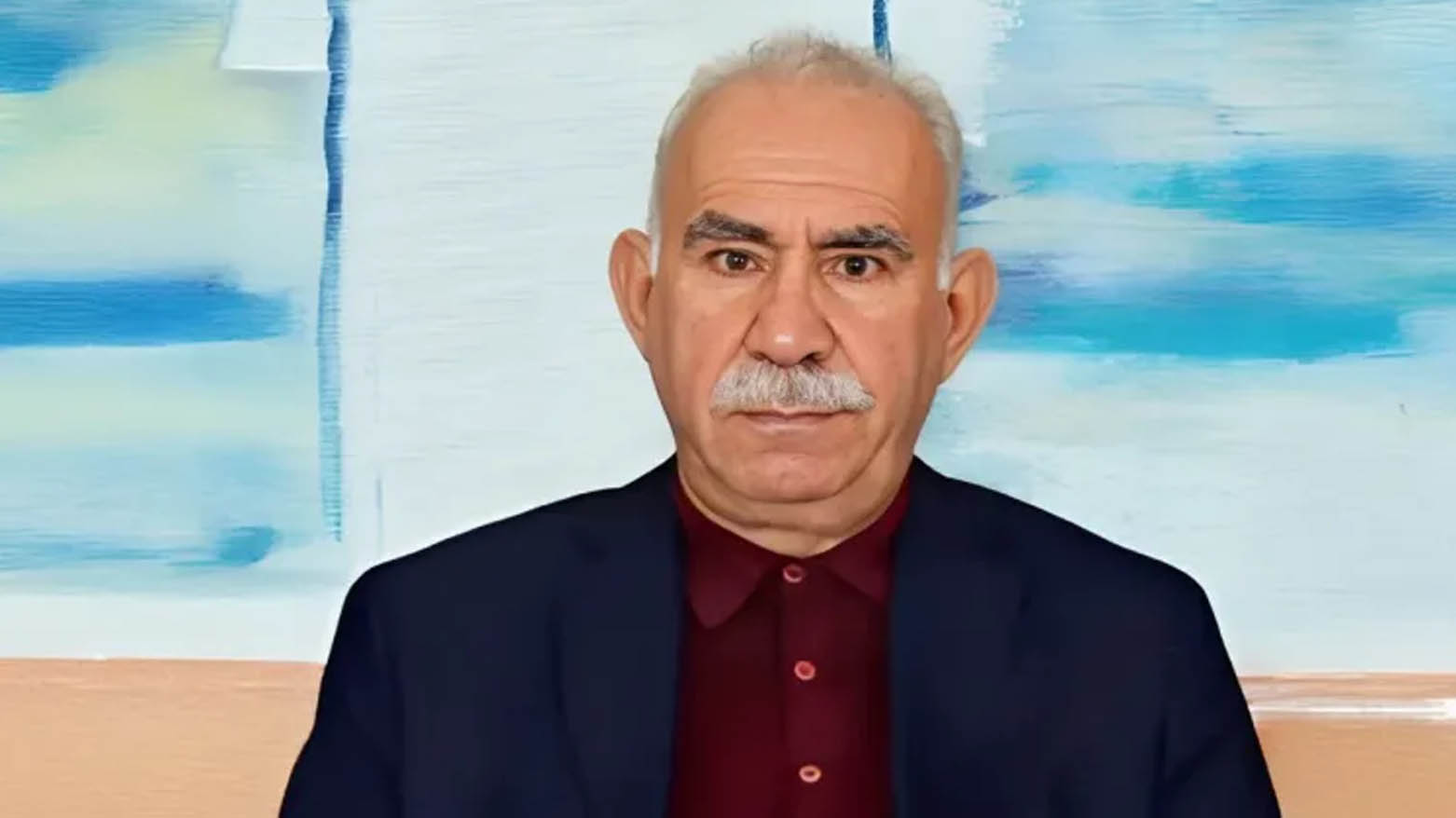From Imrali Prison, Ocalan Sends Message to Syrian Arab Tribes: “Build a Democratic and United Syria”
From prison, Ocalan urges Syrian Arab tribes to build a "democratic and united Syria" through Kurdish-Arab cooperation. His message emphasizes unity, equality, and support for the SDF as foundations for regional stability.

ERBIL (Kurdistan24) - Abdullah Öcalan, the imprisoned leader of the Kurdistan Workers’ Party (PKK), has sent a rare message from his confinement on Imrali Island in Turkey, calling on Arab tribal leaders in northeastern Syria to strengthen their alliance with the Kurds on the basis of what he termed the “Democratic Nation system.”
In his letter dated Jul. 28, 2025, Ocalan addressed tribal elders from al-Jazeera, Deir ez-Zor, Raqqa, and Tabqa, urging them to deepen relations between Kurds and Arabs as a foundation for building a democratic and secure Syria.
“Your unity and support for the Kurds carries profound meaning and establishes a new historical foundation for relations and alliance between the Arab and Kurdish peoples,” Ocalan wrote.
Tracing the roots of Arab-Kurdish friendship to early Islamic history, he argued that the strong ties between the two peoples were a key factor in the Kurds’ embrace of Islam during the time of Prophet Muhammad. “This agreement you are leading today is historic, social, and political,” Ocalan said, stressing that Arab-Kurdish cooperation can create “a shared future based on equality, justice, and freedom.”
Ocalan underlined the importance of tribal backing for the Syrian Democratic Forces (SDF), describing such support as carrying “supreme significance.” He appealed to tribal leaders to play “a pivotal and historic role in building a democratic, secure, and united Syria,” and called for broader unity among Kurds, Arabs, Syriacs, Assyrians, and all the peoples of the region.
“On this basis, we must ensure that all are equal, free, and live together in safety, managing themselves jointly,” he declared. “The equality, security, and justice we seek must be built on this foundation. I stand firmly in support of the fraternity and alliance of the Kurdish and Arab peoples.”
The letter concluded with Ocalan’s blessing to the tribal elders: “I embrace you with hope and confidence, wishing you health and victory in life. With respect, friendship, and fraternity.”
Ocalan’s message comes as Turkey’s pro-Kurdish Equality and Democracy Party (DEM) intensifies calls for a genuine peace process that recognizes Kurdish rights as the cornerstone of stability.
In an interview with Kurdistan24, DEM spokesperson Ayşegül Doğan stated: “Peace and democracy cannot be achieved without full recognition of the Kurdish people’s fundamental rights. Marginalization and denial only deepen instability.”
Doğan condemned systemic discrimination against the Kurdish language, noting that in Turkey’s parliament Kurdish is still categorized as an “unknown language,” with microphones cut off whenever DEM MPs use it. “Labeling Kurdish this way institutionalizes exclusion,” she said, adding that any attempt to draft a new constitution without Kurdish inclusion “is doomed to fail.”
She emphasized that the Kurdish issue is not a question of terrorism but of rights and democracy: “Changing governments isn’t enough—we need a comprehensive democratic transformation. The Kurdish people exist and must be recognized legally and politically—not as a favor, but as a right.”
The timing of Ocalan’s message is significant. On Feb. 27, 2025, he had already called for the PKK’s dissolution and disarmament, urging the convening of a congress. In May, the PKK’s 12th Congress formally declared the end of its armed struggle. On Jul. 11, 30 PKK members held a symbolic disarmament ceremony in Sulaymaniyah Province, marking the shift from military to political engagement.
Subsequently, on Jul. 16, DEM’s Imrali Delegation met with Turkish Justice Minister Yılmaz Tunç in Ankara—the first such meeting since the peace steps began. The talks, attended by DEM leaders Pervin Buldan and Mithat Sancar along with Ocalan’s lawyer Fayik Özgür Erol, focused on legal reforms tied to the process.
Doğan framed these developments as signs of hope: “This stage is different from the 2011–2013 process. There is now a louder public voice demanding: enough! The people want an end to bloodshed and tears. It’s time to officially recognize Kurdish identity.”
For Ocalan, Arab-Kurdish partnership in Syria is inseparable from broader regional dynamics. His message, rooted in the concept of the “Democratic Nation,” places equality, freedom, and shared governance at the heart of future coexistence.
The convergence of Ocalan’s appeal from prison and DEM’s calls for constitutional recognition underscores a critical moment: a push to reframe the Kurdish issue from one of conflict and securitization into a struggle for democracy, rights, and peace.
As Ayşegül Doğan concluded: “A successful resolution will benefit Turkey, Kurdistan, and the broader region. We need to see the bigger picture and pave the way for a future based on equal brotherhood—one in which Turkey becomes a model for the Middle East.”